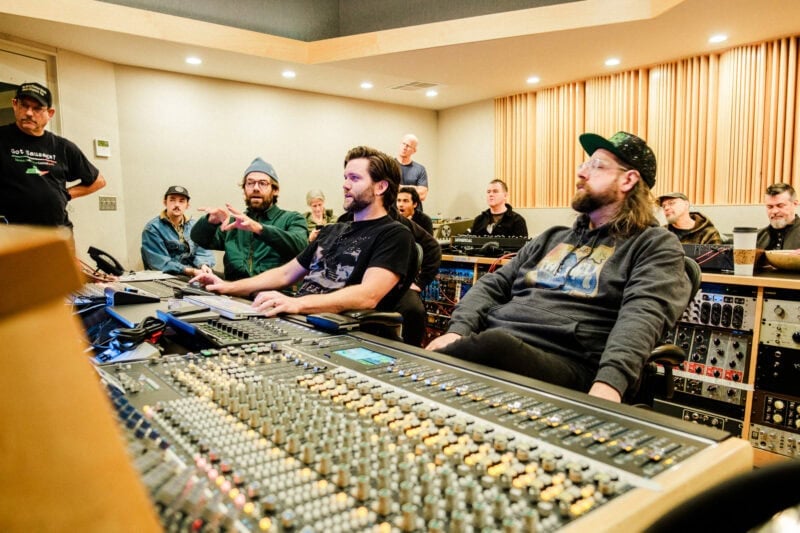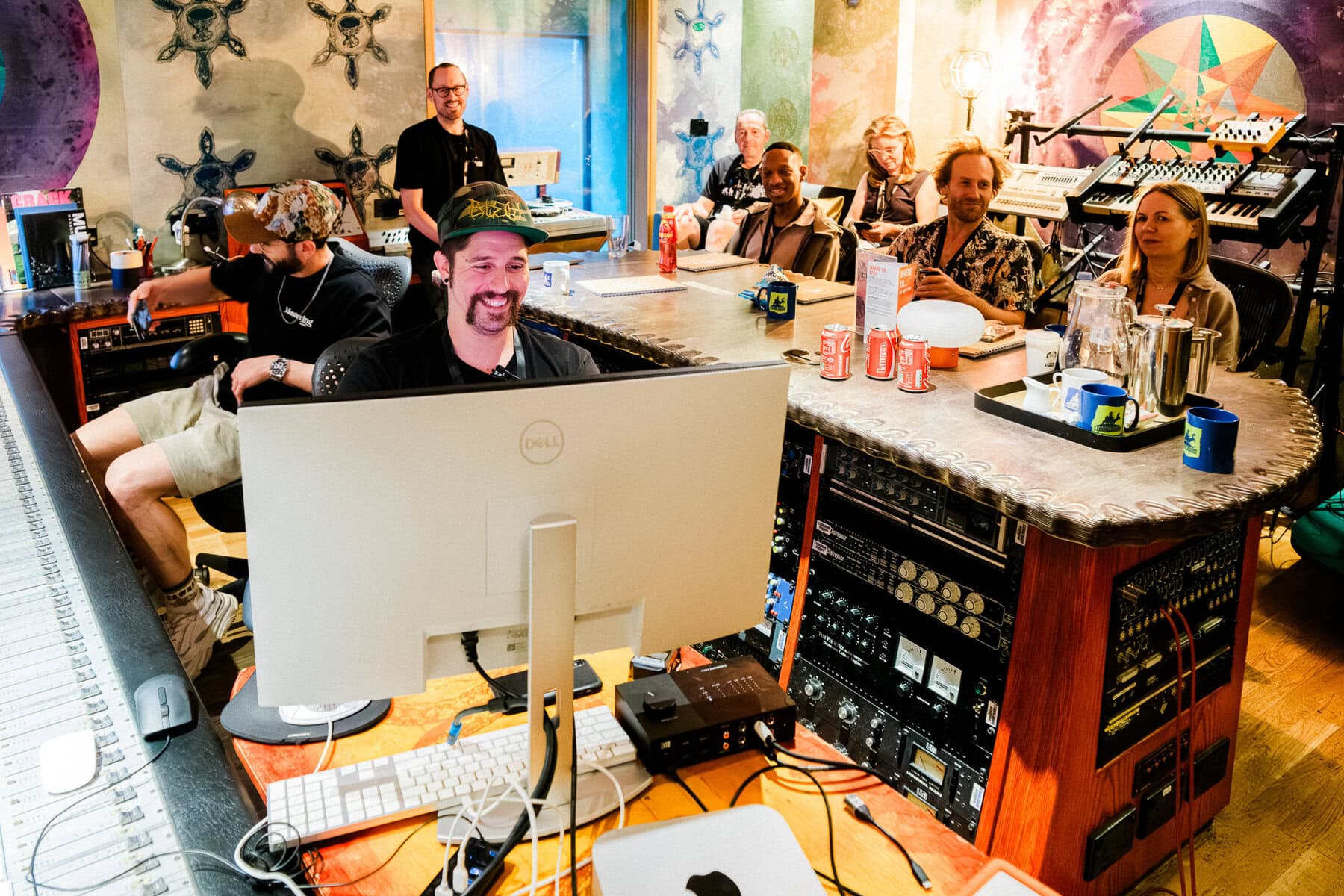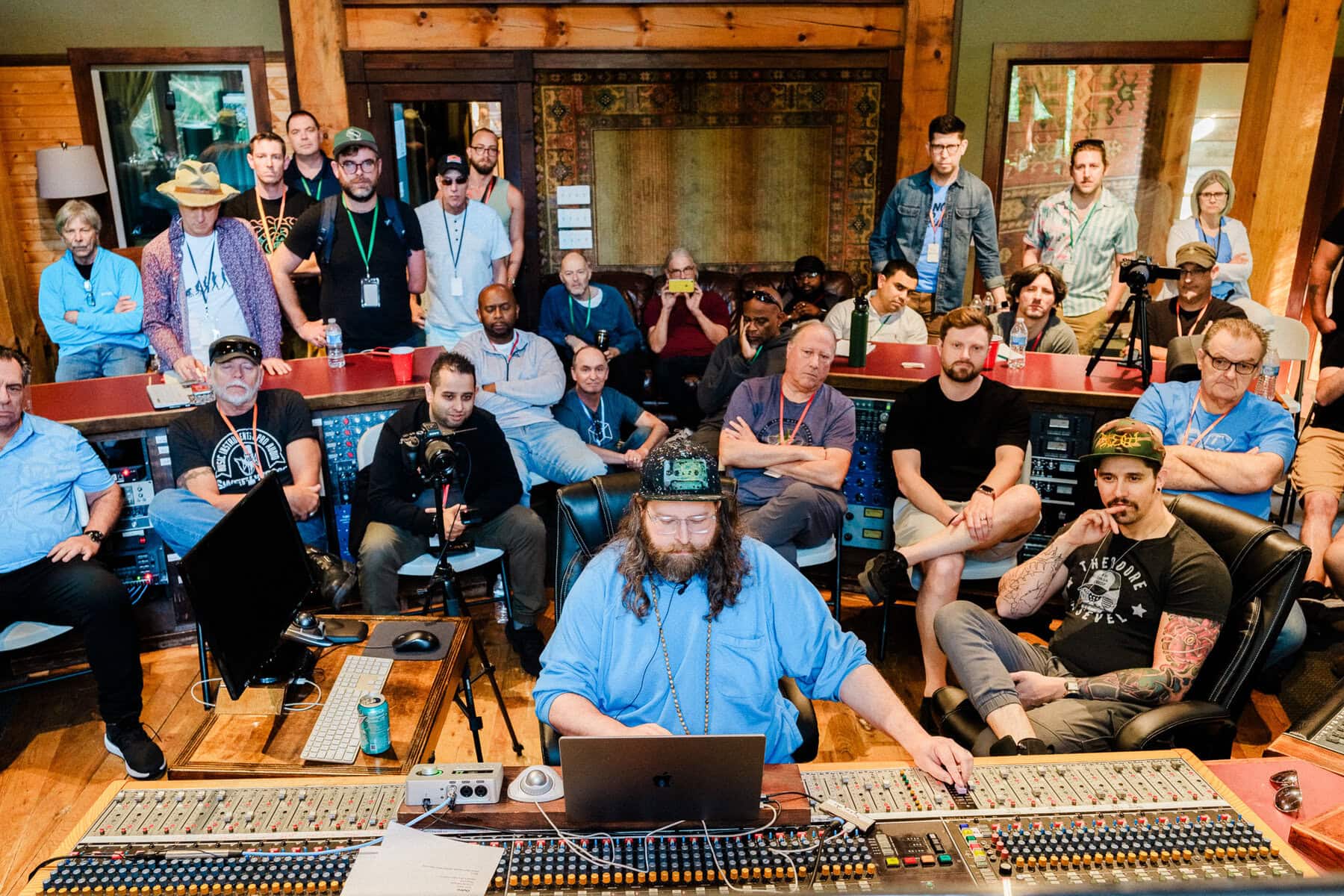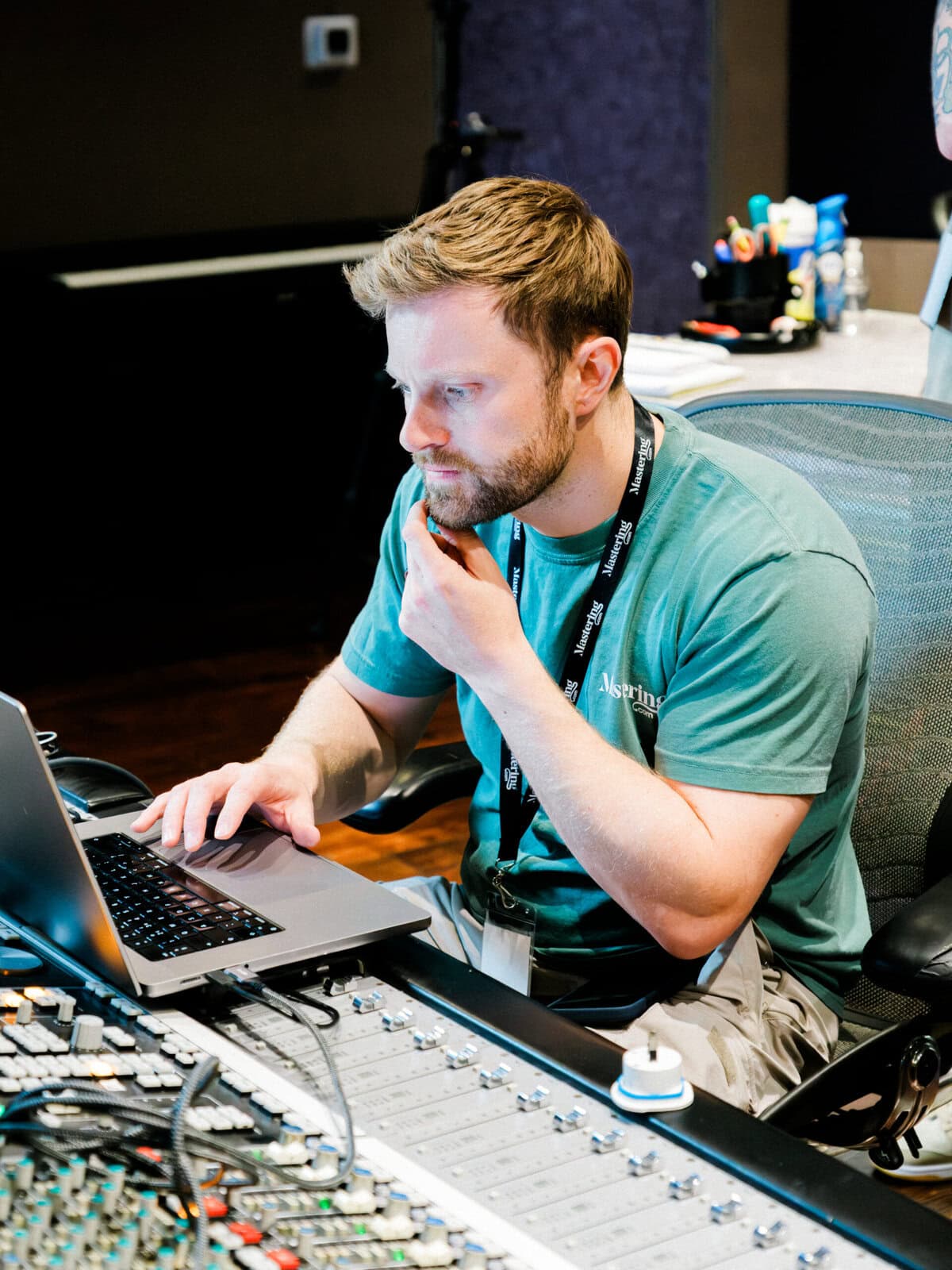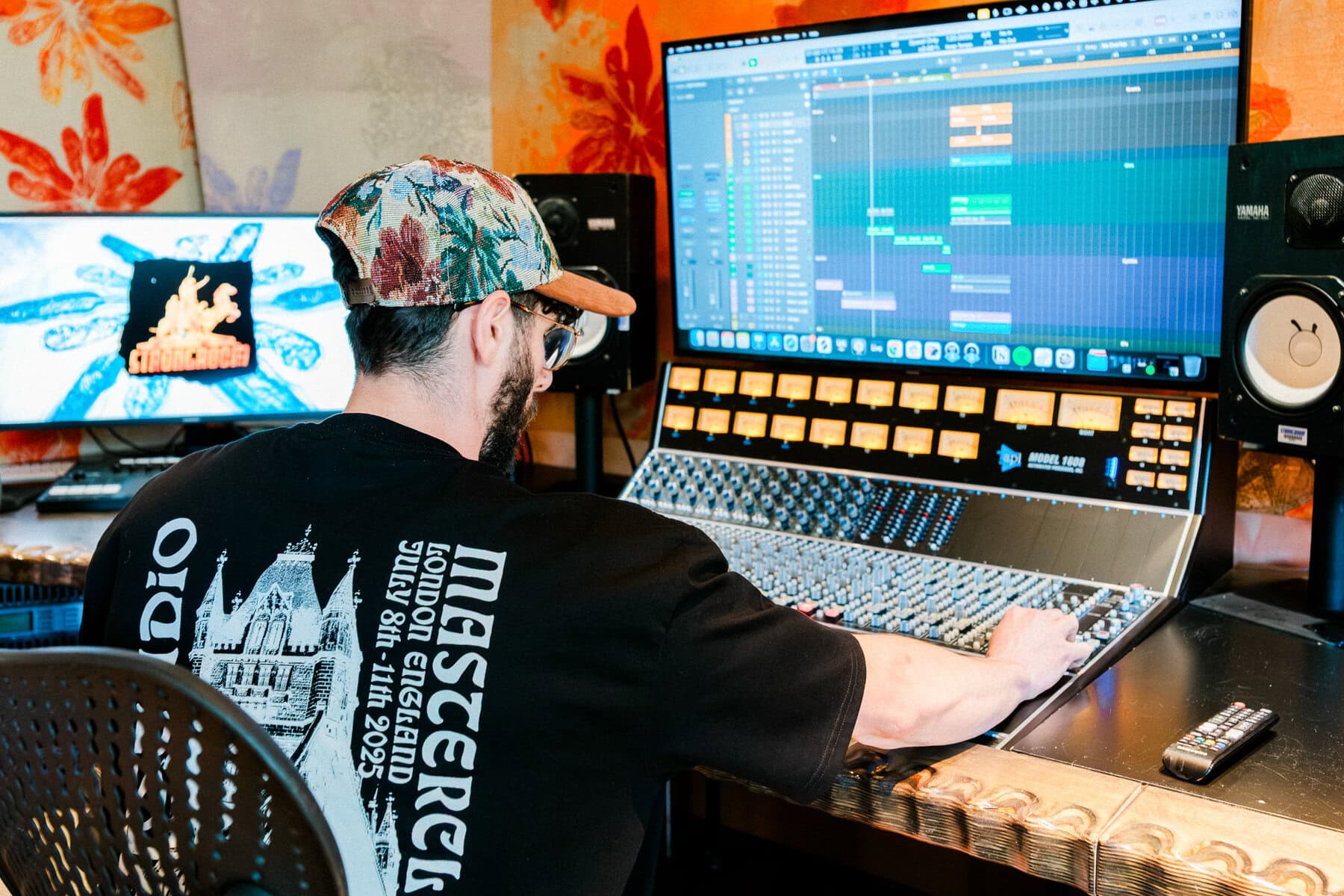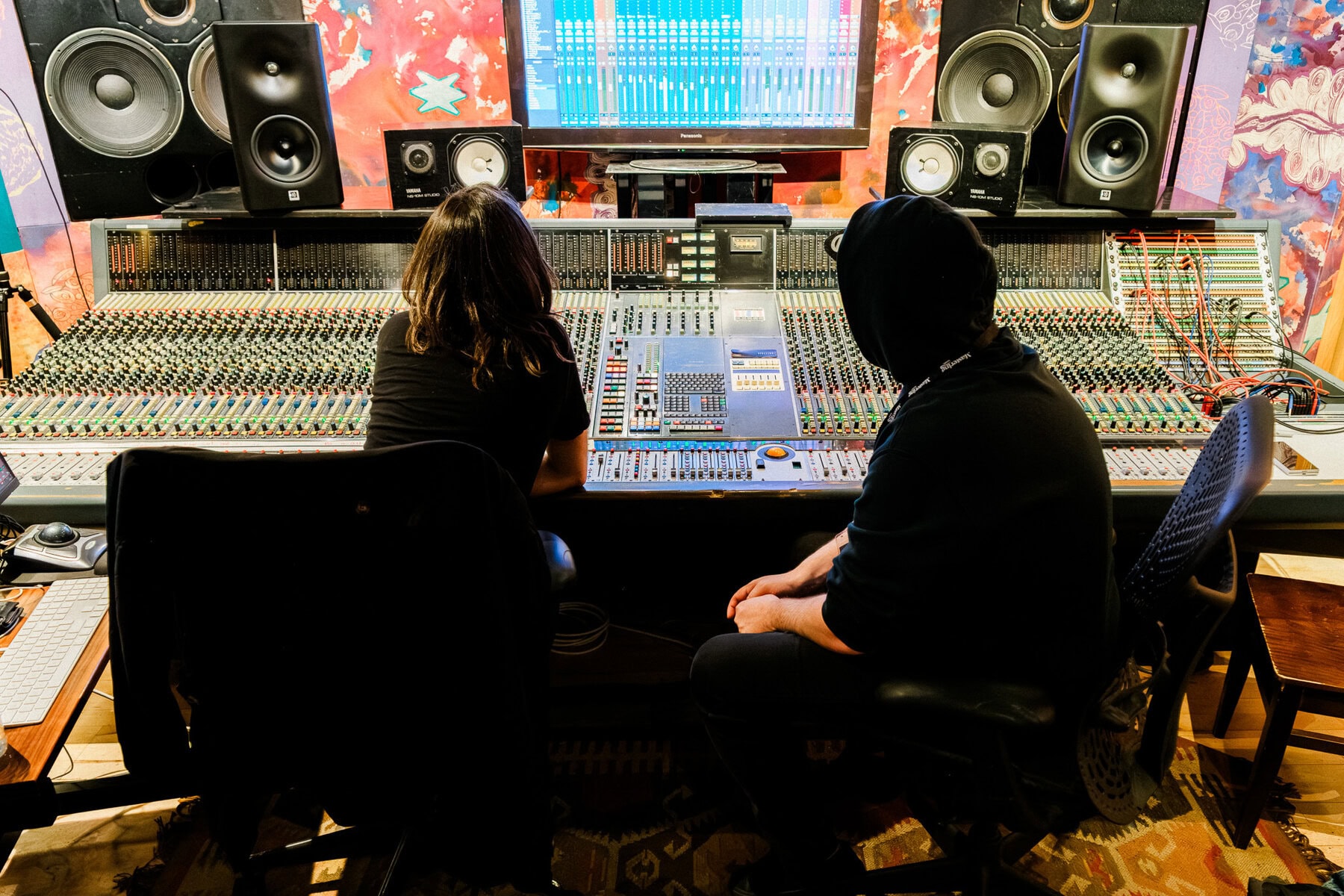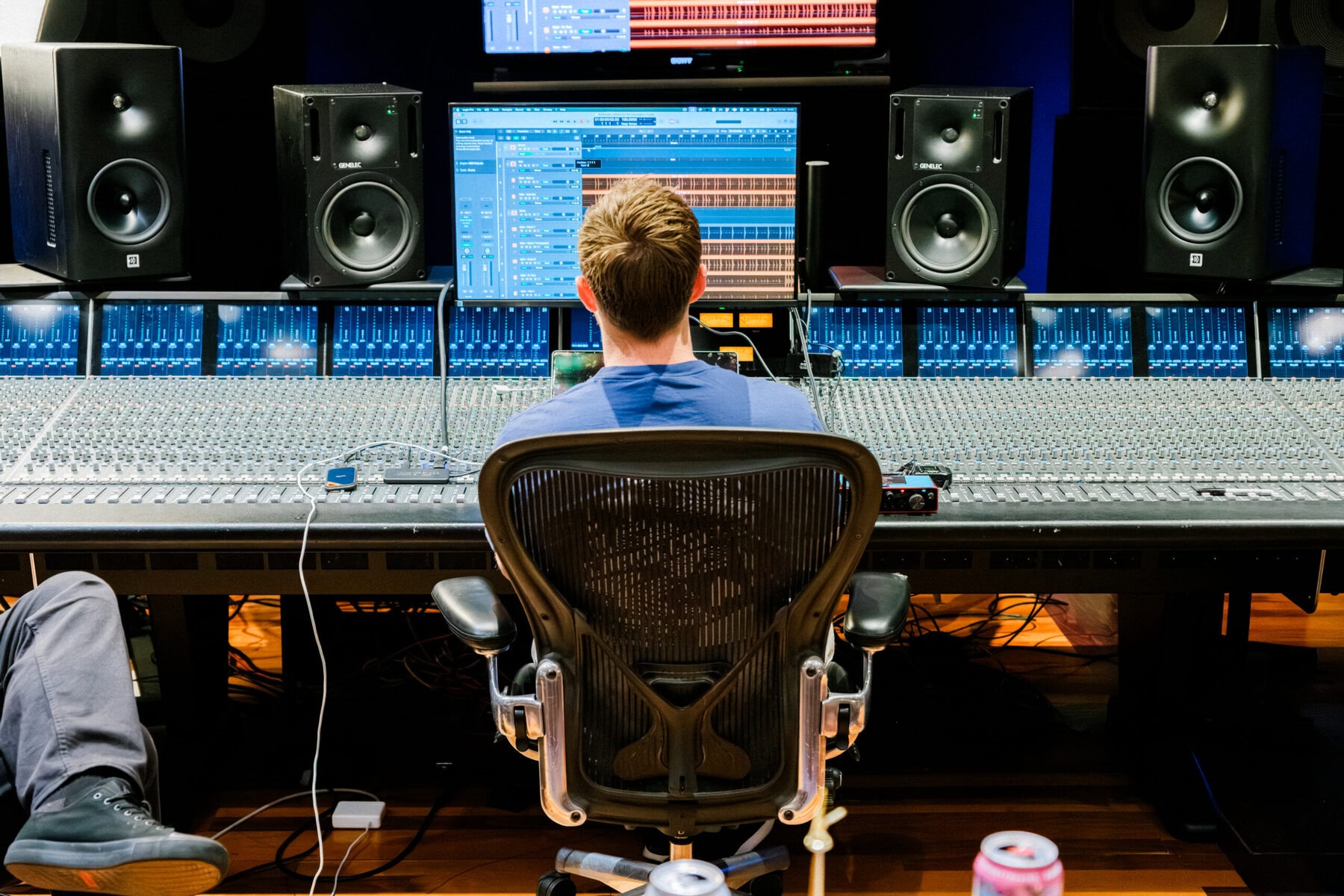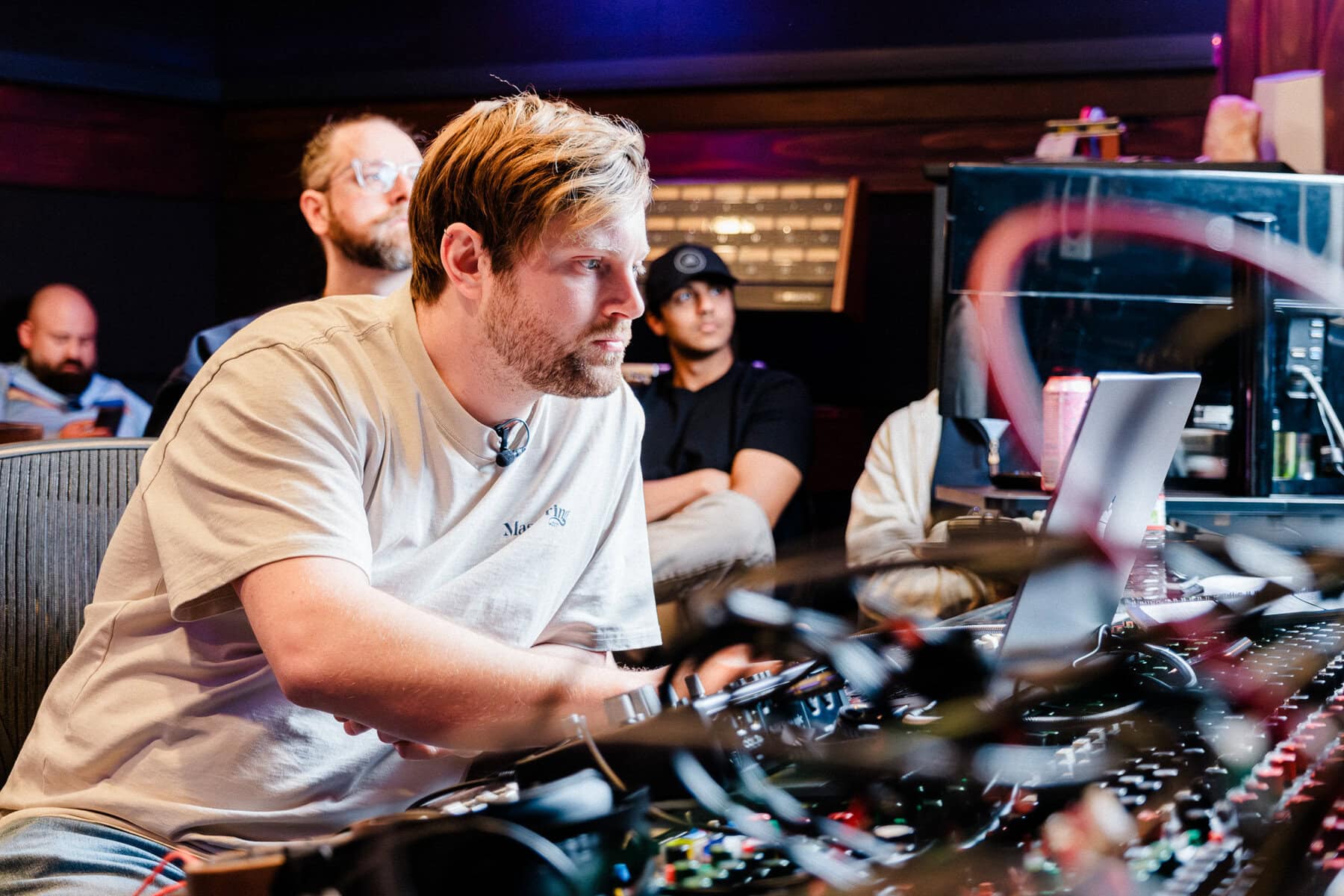Mixing fatigue is the silent killer of great mixes. After hours in the studio, your ears get tired, your judgment blurs, and suddenly, that perfect balance you worked on sounds off. The result? Poor decisions, over-processed tracks, and mixes that don’t translate well.
The good news? Mixing fatigue is avoidable. Here’s how to keep your ears fresh and your mixes on point.
Why Mixing Fatigue Happens
Mixing fatigue isn’t just about tired ears, it’s about mental exhaustion. Your brain works overtime analysing frequencies, dynamics, and spatial details. Over time, this leads to:
- Diminished frequency sensitivity: Highs sound harsher, lows feel muddier.
- Poor decision-making: You second-guess EQ moves or over-compress.
- Loss of perspective: What sounded balanced now feels off.
The key is recognising when fatigue sets in and taking action before it ruins your mix.
5 Ways to Prevent Mixing Fatigue
1. Take Regular Breaks
Your ears need rest, just like your eyes. Here’s how to keep ears in check:
- Every 25 minutes or 55 minutes, take a 5 minute break and listen to something neutral (like pink noise or silence) and make yourself another cup of tea (stay hydrated!)
- Every 2 hours, step away for 15-30 minutes and go outside to reset your hearing to a normal environment.
This prevents ear fatigue and keeps your decisions sharp.
2. Use Reference Tracks
A/B your mix with a professionally mastered track in the same genre. This helps you:
- Stay objective about balance and tone.
- Avoid over-processing (e.g., too much bass or harsh highs).
- Reset your ears when in doubt.
3. Lower Your Monitoring Volume
Louder volumes accelerate ear fatigue. Keep your mix at conversation level. If you need to shout to talk over your speakers, it’s too loud.
4. Switch Up Your Environment
If possible, move between different listening environments:
- Check your mix on headphones, car speakers, and phone speakers.
- Walk around the room to catch phase issues or frequency imbalances, especially if you do not (yet) have a tuned room.
This forces you to listen differently and reduces mental fatigue.
5. Work in Sessions, Not Marathons
Instead of an 8-hour mixing session, break it into shorter, focused bursts (1–2 hours max). Your ears stay fresher, and your mixes improve.
The Takeaway
Mixing fatigue is real, but it doesn’t have to ruin your work. By taking breaks, using references, monitoring at safe levels, and working in sessions, you’ll make better decisions and create mixes that translate everywhere. Next time you’re in the studio, ask yourself: Are my ears still fresh? If not, step back, reset, and return with clarity. Your mixes will thank you.
Wanna learn how to use reference tracks in your mixing sessions, check out this video!
Until next time,
Rob

